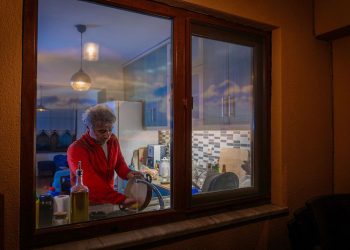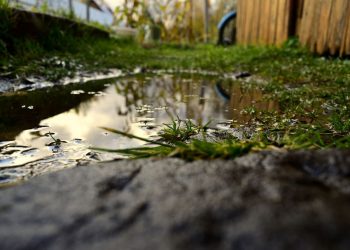If your home becomes so damaged that you can’t safely and comfortably live there, your homeowners insurance policy may be able to help. Your coverage will only be available under particular circumstances and may be limited to specific expenses.
When Does Loss of Use Coverage Apply?
Your homeowners insurance policy may provide coverage if you’re unable to live in your home because it has been severely damaged or destroyed by a covered peril. Your insurance may also kick in if a local government or civil authority orders you to evacuate to escape a storm, fire or other threat. If you relocate but your home doesn’t get damaged, loss of use coverage may or may not apply, depending on the specific language in your policy.
Loss of use coverage won’t help you if your home gets damaged by something that your policy doesn’t cover. For example, if your house floods and you don’t have flood insurance, you’ll be out of luck.
If a house is totally destroyed or is unable to meet the residents’ basic needs because of a lack of water, heat, plumbing or electricity, it’s considered uninhabitable. When a house is only partly damaged, it’s a gray area, which means the insurance company will need to inspect it and decide whether to approve or deny your claim.
Your family’s lifestyle can also be a factor. If the kitchen is unusable, but you normally eat out anyway, the insurance company may not consider the house uninhabitable. The same company might approve a loss of use claim for a family who typically prepared meals at home if their kitchen was unusable.
What Does Insurance Cover?
If your home is deemed uninhabitable because of damage caused by a covered peril, your homeowners insurance policy will likely pay for lodging (hotel, motel or apartment rental), restaurant meals or groceries (in excess of the amount you normally spend), costs to move and store your family’s belongings, boarding fees for pets, additional travel expenses to get to and from work and other regular activities, and other costs you incur as a direct result of being unable to live in your home. You’ll need to submit receipts to your insurance company to document your expenses.
Insurance policies usually limit loss of use coverage to a specific time period and/or to a percentage of the amount of coverage for the dwelling. Your insurance company may have different guidelines and limitations.
You’ll have to continue to pay your mortgage while your house is being repaired or rebuilt, unless your lender is willing to make other arrangements. Your homeowners insurance policy won’t cover your mortgage payments while you’re unable to live in your house.
Make Sure You Have the Right Coverage
Homeowners insurance can help you avoid a sudden financial hardship, but not all policies cover loss of use. If you aren’t sure if yours does, check with your agent or insurance company and add the coverage if you don’t already have it.











